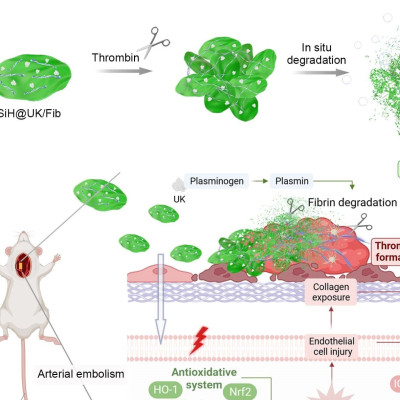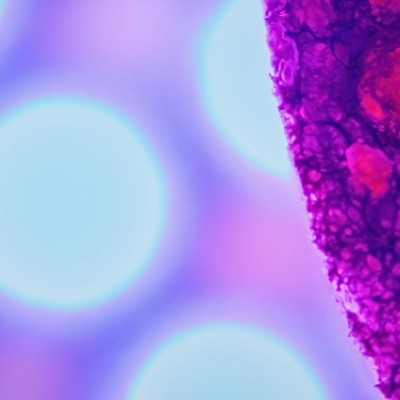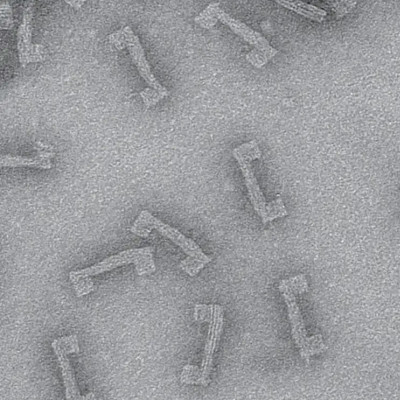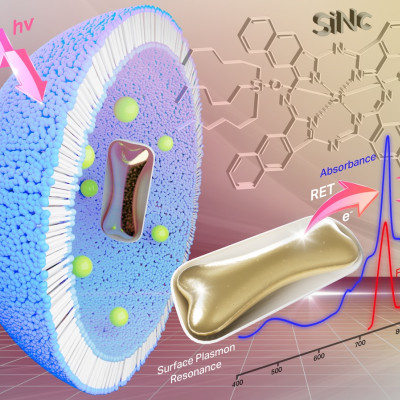Dr Chun Xu from UQ’s School of Dentistry said the approach might provide more effective long-term pain relief for people with sensitive teeth, compared to current options.
“Dentin tubules are located in the dentin, one of the layers below the enamel surface of your teeth,” Dr Xu said.
“When tooth enamel has been worn down, and the dentin are exposed, eating or drinking something cold or hot can cause a sudden sharp flash of pain.
“The nanomaterials used in this preclinical study can rapidly block the exposed dentin tubules and prevent the unpleasant pain.
“Our approach acts faster and lasts longer than current treatment options.
“The materials could be developed into a paste, so people who have sensitive teeth could simply apply this paste to the tooth and massage for one to three minutes.
“The next step is clinical trials.”
Tooth sensitivity affects up to 74 per cent of the population, at times severely impacting quality of life and requiring expensive treatment.
“If clinical trials are successful people will benefit from this new method that can be used at home, without the need to go to a dentist in the near future,” Dr Xu said.
“We hope this study encourages more research using nanotechnology to address dental problems.”
The team also included researchers from UQ’s Australian Institute for Bioengineering and Nanotechnology (AIBN). The study is published in ACS Applied Nano Materials.
Read the original article on The University of Queensland.







